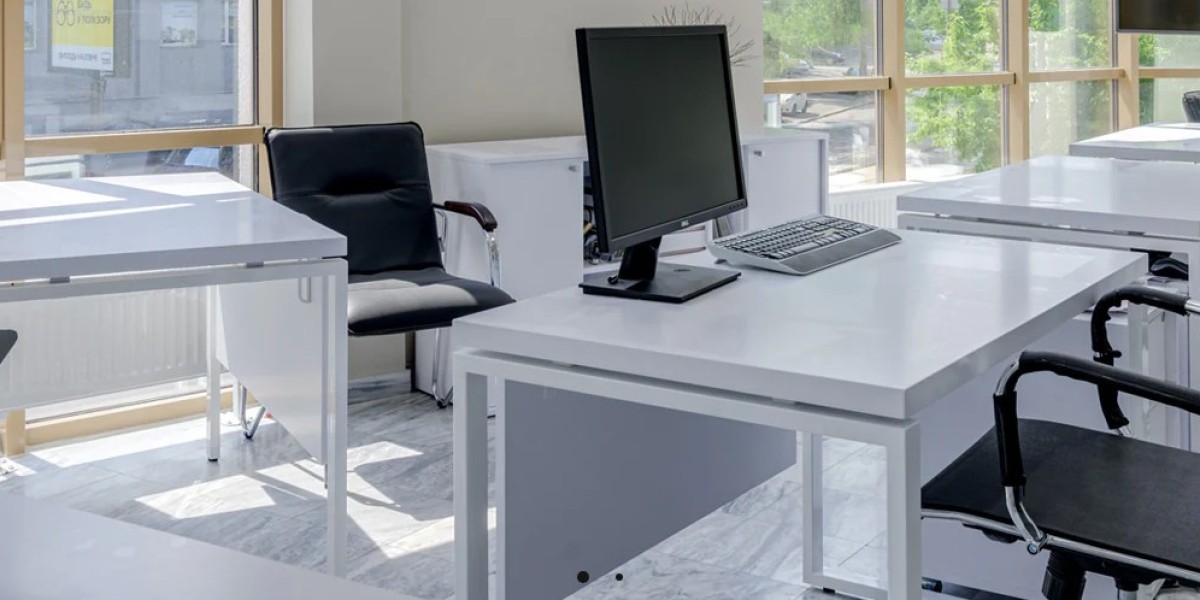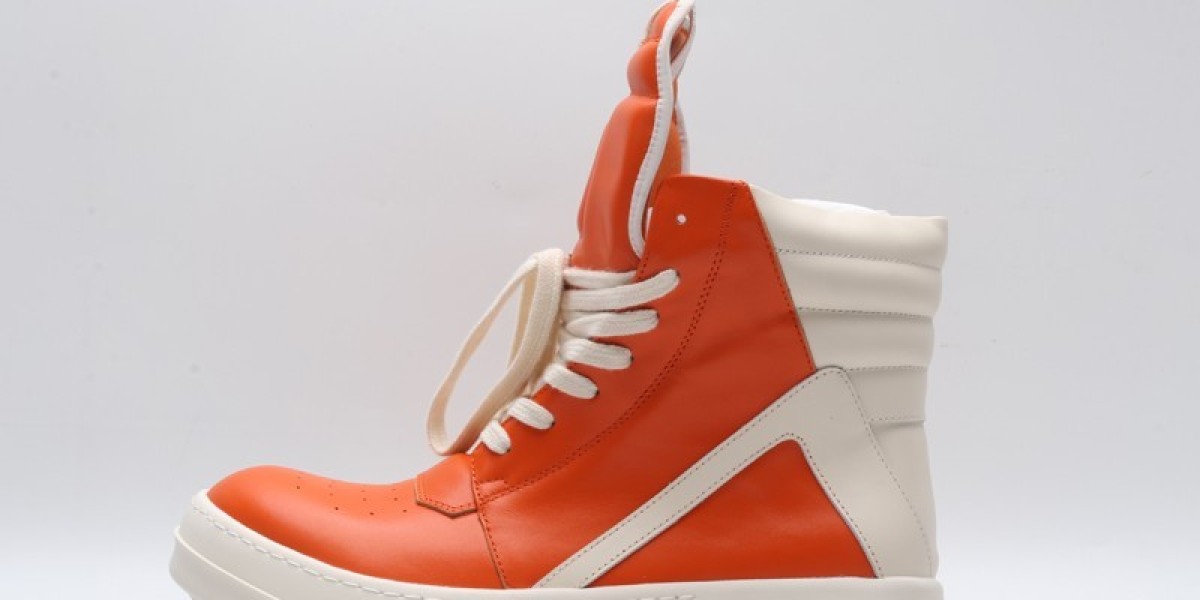Office furniture plays a significant role in shaping company culture and reinforcing brand identity. The design, layout, and style of office furniture not only influence the day-to-day experience of employees but also communicate the values, personality, and vision of the organization to both staff and visitors. Here's how office furniture impacts company culture and brand identity:
1. Reflecting Company Values and Aesthetics
- Brand Alignment: The furniture chosen for your office should align with your brand’s values and aesthetics. For example:
- Tech Startups: Often prefer sleek, modern designs with innovative furniture like sit-stand desks and modular seating that emphasize flexibility and creativity.
- Eco-Friendly Companies: Might opt for sustainable materials like reclaimed wood, recycled metal, and natural fibers, demonstrating their commitment to environmental responsibility.
- Traditional Corporations: Tend to favor more formal, classic furniture with dark wood tones, leather chairs, and executive desks, signaling professionalism and stability.
- Consistency: The furniture should create a cohesive look that matches your brand’s visual identity, such as incorporating the company’s color scheme or design elements into the furnishings.
2. Creating a Sense of Community and Collaboration
- Open Layouts and Collaborative Spaces: Modern office furniture like shared workstations, benching systems, and modular seating can foster a sense of community by encouraging teamwork and open communication. These setups break down barriers between employees and promote a collaborative, transparent culture.
- Breakout Areas: Comfortable, informal furniture in lounge areas, such as sofas, bean bags, or communal tables, encourages employees to relax and engage with each other, fostering stronger connections and a positive atmosphere.
3. Supporting Employee Well-Being and Comfort
- Ergonomics: Ergonomic office furniture demonstrates a company’s commitment to employee health and well-being, which can enhance workplace satisfaction and retention. Comfortable chairs, adjustable desks, and proper lighting show that the company values its employees’ physical comfort, contributing to a supportive and caring culture.
- Relaxation and Rejuvenation Zones: Incorporating cozy seating, soft furnishings, and calming designs in designated relaxation areas can help reduce stress and support employee wellness, showing that the company prioritizes work-life balance.
4. Reinforcing Organizational Hierarchy or Flattening It
- Traditional vs. Open Offices: The layout and types of furniture can either emphasize a traditional hierarchical structure or support a more egalitarian, flat organization. For example:
- Private Offices and Executive Suites: Signal clear levels of hierarchy and authority within the organization.
- Open Plan Offices: Using the same style of furniture for everyone, including leadership, can indicate a more democratic, inclusive culture where collaboration is prioritized over rigid roles.
5. Flexibility and Adaptability for Growth
- Modular Furniture: The use of modular, adaptable furniture conveys a company culture that values flexibility and innovation. It suggests that the company is future-focused, ready to scale, and responsive to the evolving needs of the team.
- Multi-Use Furniture: Items that can serve various purposes, such as reconfigurable desks or foldable chairs, reflect a dynamic, forward-thinking culture where agility and adaptability are key values.
6. Making a Strong First Impression
- Reception Areas and Conference Rooms: These are the first spaces visitors or clients encounter, making them critical for setting the tone of your brand. High-quality, aesthetically pleasing furniture in these areas communicates professionalism and attention to detail, reinforcing a strong, positive image of the company.
- Brand Personality: For creative or trendy companies, bold, quirky furniture choices can make a memorable statement, while minimalist and clean designs might align more with tech or innovation-driven companies. These decisions help communicate the company’s personality to visitors and new employees.
7. Fostering Innovation and Creativity
- Creative Spaces: Companies that value innovation can encourage creativity through playful, unconventional furniture choices. For example, standing desks, writable surfaces, and even playful elements like swings or hammocks in certain areas can inspire out-of-the-box thinking and creative problem-solving.
- Breakout Spaces: Having a variety of non-traditional workspaces, such as lounge chairs, café-style tables, or outdoor seating, can provide employees with different environments to brainstorm and collaborate, reflecting a culture that values creativity and flexible thinking.
8. Signaling Inclusivity and Diversity
- Furniture for All Needs: Inclusive furniture that caters to different body types, abilities, and work preferences sends a message that the company values diversity and inclusivity. Providing adjustable desks, different seating options, and wheelchair-accessible spaces creates a welcoming environment for all employees and visitors.
Conclusion
Office furniture is more than just a functional necessity—it’s a powerful tool for shaping and reflecting company culture and brand identity. Whether it's through design choices that echo your brand's aesthetics, creating spaces that encourage collaboration, or providing ergonomic options that support employee well-being, the right furniture can significantly enhance the workplace experience. By aligning your furniture choices with your company’s values and vision, you create an environment that reinforces your brand and fosters a positive, productive culture.







